The lowest of the Hindu castes, these “untouchables” fight for a voice
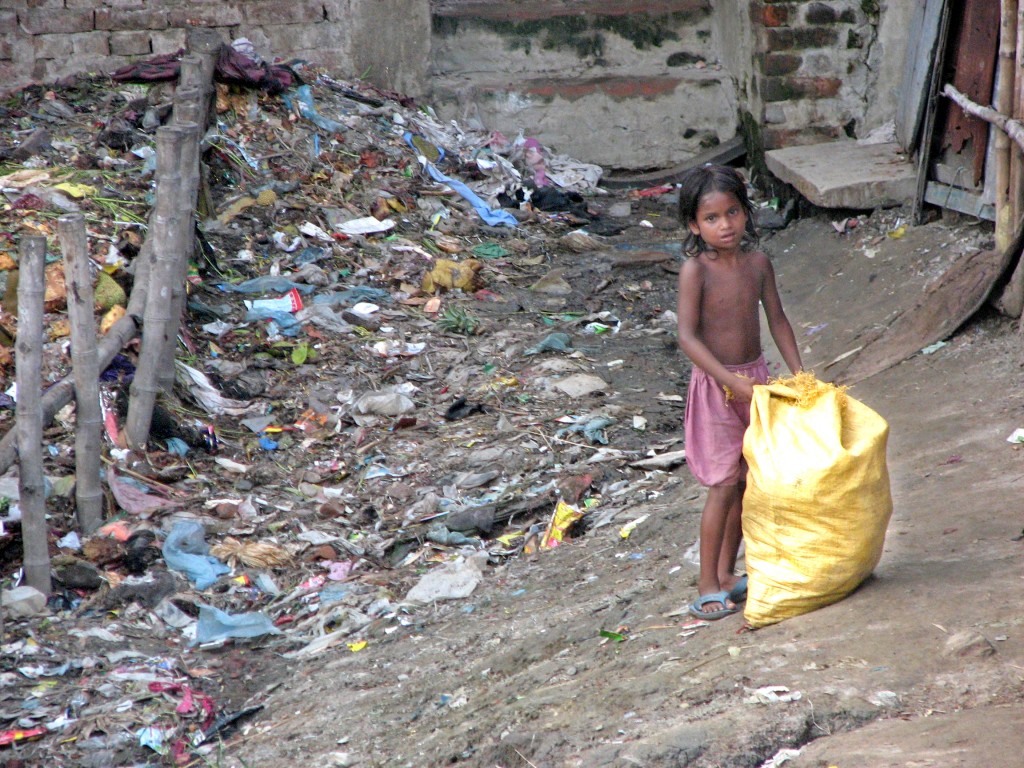
The Pongue Sweeper Colony, a dense network of one-room shanty houses built from scavenged bamboo, wood, and corrugated metal, sits on what is essentially an oversized ditch between the Dhaka Orthopedic Hospital and the World Bank in Dhaka, Bangladesh. The ground in the slum is wet and stagnant, the homes built on bamboo poles two or three feet off the ground. Often, more than one family lives in a single house, without electricity or sanitation. They share latrines dug into the earth and get their drinking water from a small pipe that winds its way through the reeking debris.
Most of the one hundred and ten families there are “sweepers” – cleaners of the city’s roads and sewer systems. They are Dalits, the lowest of the Hindu castes, for centuries “untouchable.”
N. Sree Ramu, the twenty-eight year old Joint Secretary of the Bangladesh Dalits Human Rights (BDHR) organization, lives here with his wife and three year old daughter. While showing me around he told me that his family and most of the others in the colony have been there since the government of Bangladesh plowed over their old shanty houses and relocated them from another part of the city in 1993 – their fourth relocation since 1979.
The government had again given an eviction notice to all the families of the colony, but Ramu said that they have nowhere else to go and each family has been paying two taka (about three Canadian cents) everyday to local police so they can stay.
They have few options, and by birth are subject to numerous forms of discrimination – segregation, restrictions on livelihood and access to services, land grabbing, destruction of their houses, intimidation, violence and sometimes rape and murder. Local musclemen sell drugs around the main entrance to the colony and collect “tolls” from colony members for access to their own homes.
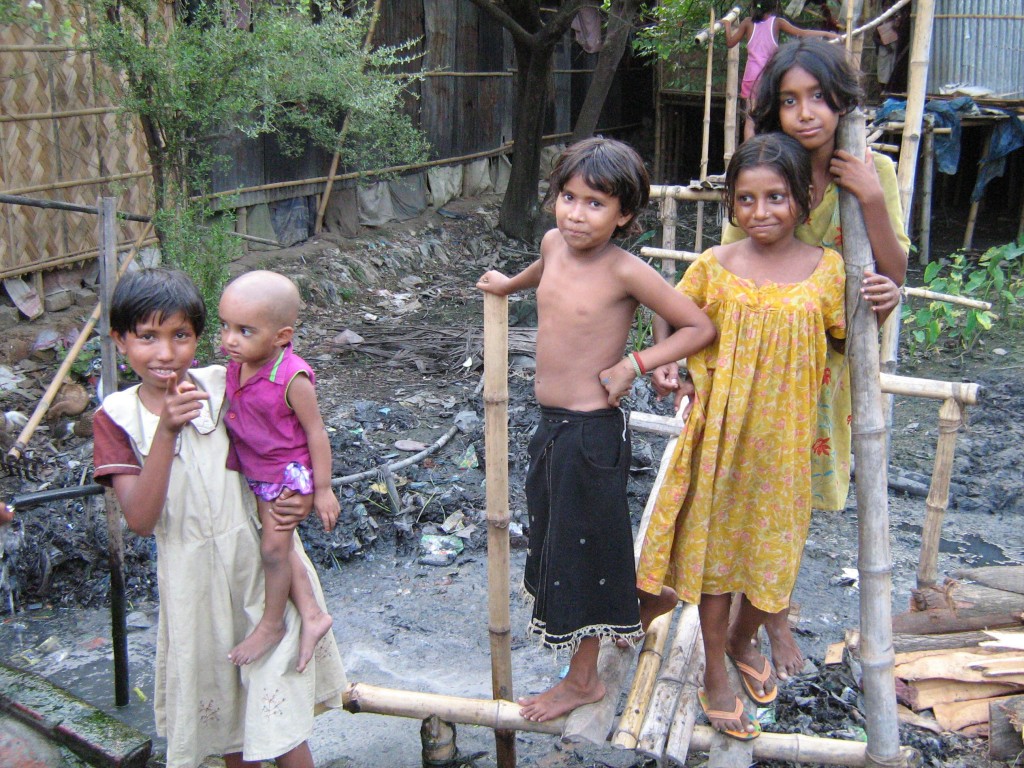
– Babulal Sardar, Bangladesh Dalit and Excluded Rights Movement
A life of humiliation
Talking in a group at BDHR’s office, Ramu’s friend James described when he was made to buy a teapot he was using in a teashop when the owner realized that he was Dalit. James had tainted the pot by touching it, and the owner said that he “could no longer, in good conscience, allow his other patrons to use it.”
“I didn’t know what would happen to me if I refused to pay for the teapot,” James said. “I submitted and bought the pot because I was aware of the kinds of things, violent things, often done to Dalit people like me.”
The discrimination faced by Dalits in Bangladesh was described in a recent study by the Indian Institute of Dalit Studies in association with the International Dalit Solidarity Network (IDSN).
“Since they are considered unclean, Dalits live segregated from other groups in their own neighborhoods. This includes regular denial of access to Muslim public spaces, including temples, restaurants and shops, and the risking of sanctions, often vicious, if they handle ordinary domestic items used by non-Dalits in these spaces.”
More than 60 per cent of Dalits are deprived of education, trapping them in poverty.
“When Dalits do find their way into Bangladesh’s education system, they often face discriminatory behaviour from school administrators and other students.”
Walking with Ramu through the rain-sodden Pongue Sweeper Colony, it was evident that an immediate and pressing problem that the Dalits face is finding shelter. Social, economic and religious pressures combine with shortcomings in law enforcement to push urban Dalits like Ramu and his family to the sides of railroads or into the reeking, garbage-filled public housing “colonies” set up by the government. The cramped living conditions and lack of hygiene in slums like the Pongue Sweeper Colony make disease rampant among the Dalit.
“Inability to afford medical treatment means that many Dalits in Bangladesh die from malnutrition, diarrhea, typhoid, cholera, tuberculosis, and pneumonia,” Ramu said.
The movement to emancipate Bangladesh’s Dalits
There have been various campaigns for reform to the caste-system, especially in India, but Dalit activism has only started to gain any significant momentum in Bangladesh in recent years.
B.G. Murthy, the late Bangladesh Dalit activist, attended the Global Dalit Conference in New Delhi in 2001 and was inspired by the growing force of India’s Dalit movement. He returned to Bangladesh and, with the help of other local human rights advocates, established BDHR, an organization and a movement that fights untouchability, casteism and economic exploitation, supports the development of Dalit communities, and pushes for reform of national laws.
“In addition to our new monthly newspaper, we have held several conferences and meetings with interested civil society organizations featuring Dalit people,” James said. “These have helped put a human face on caste-based discrimination in this country.”
The BDHR has also connected with other human rights movements internationally, including the IDSN, the South Asia Dalit Rights Forum, the Dalit South Asian Association for Regional Cooperation Assembly, and the World Dignity Forum. The primary objective of these alliances is to bring caste-based discrimination into the consciousness of the world’s political leaders and reestablish the Dalit people’s lost humanity. The IDSN in particular works to ensure global recognition of Dalit rights, which they see as overlooked by the UN and other international and intergovernmental institutions like the European Union.
Dalits in Bangladesh are neglected by mainstream international development initiatives, reflecting the lack of awareness of the Dalit situation beyond South Asia, the lack of power of the Dalits politically, and a Bangladeshi elite at best indifferent to the Dalit plight.
Bangladesh’s formal Poverty Reduction Strategy, adopted in 2005 as part of the country’s obligations to the World Bank and IMF, makes no reference to Dalits (despite the fact that the Pongue Sweeper Colony itself is just meters away from the Bangladesh office of the World Bank). It does acknowledge that caste-based discrimination exists in the country, but official development programs don’t have specific measures to support Dalits and place their dignity and inclusion on par with the rest of society.
The way forward
Without political pressure from outside, the government remains apathetic to implementing legislative provisions to protect the poor and disadvantaged. Even so, the movement to end discrimination against Dalits is gaining momentum.
In Dhaka an increasing number of Dalit youth are being admitted to public schools, and major newspapers, including the Daily Star, occasionally print stories about Dalits.
The IDSN is calling for the repeal of Bangladesh’s Vested Property Act of 1974, which Professor Abul Barakat of Dhaka University said gave the state the right to confiscate land from 925,050 Hindu households. The land ended up in the hands of 0.4% of the population, mostly powerful politicians among the ruling Muslims.
In collaboration with Nagorik Uddyog – “The Citizen’s Initiative” – BDHR is now working to build its capacity to support the Dalit people and protect their rights. In April 2008, the two organizations held a consultation meeting with over 25 other groups representing Dalit interests, and established the Bangladesh Dalit and Excluded-Peoples Rights Movement (BDERM), a national platform intended to raise awareness, transform policy and end discrimination against Dalits.
The future of the people living in the Pongue Sweeper Colony is uncertain, but Ramu hopes to save enough money to send his daughter to school when she is of age. “My hope is that one day she will be able to break free of the cycle of discrimination and poverty that for so long has trapped the people of my community.”

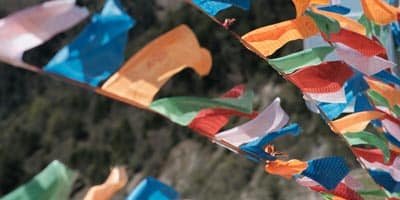


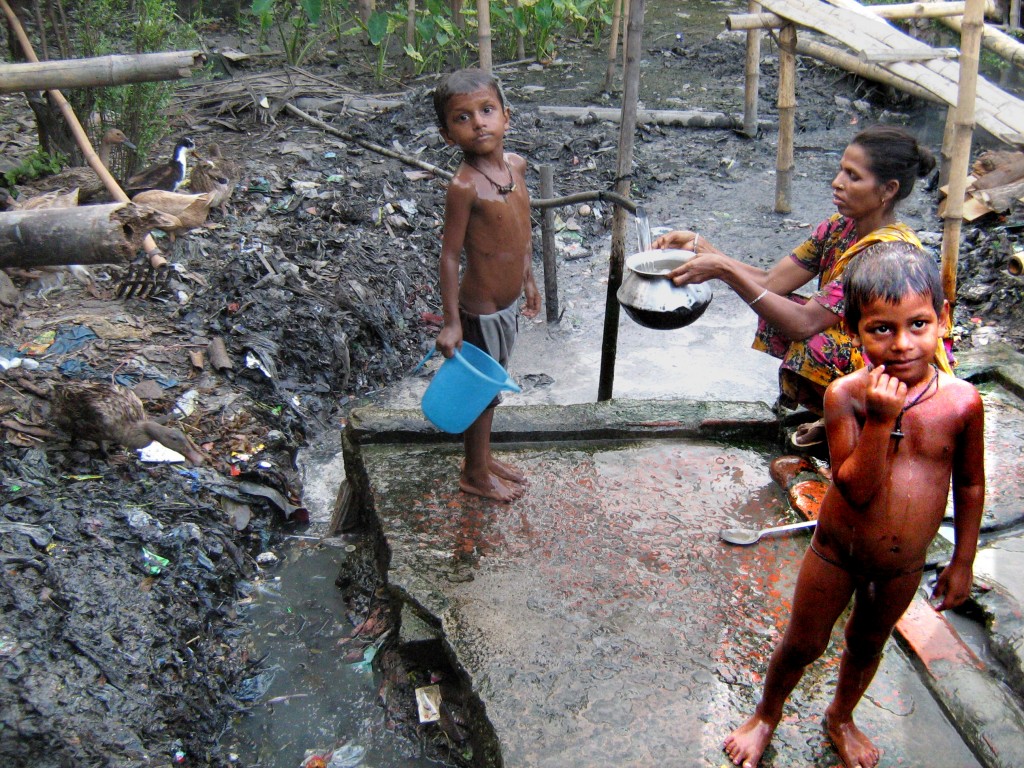
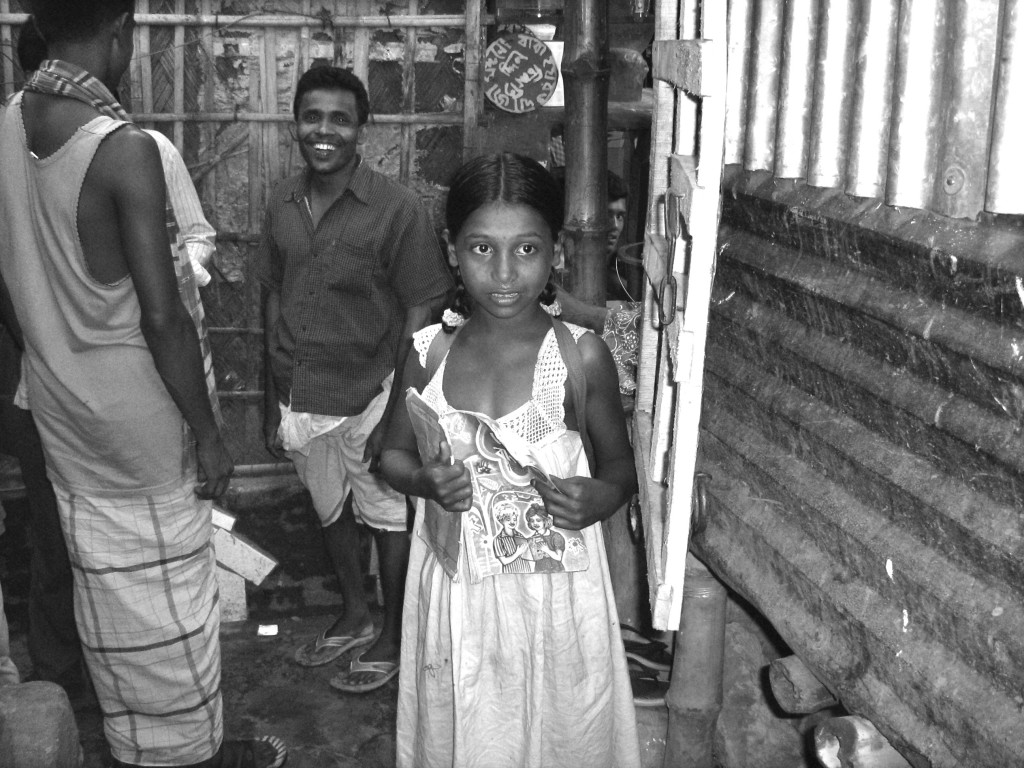
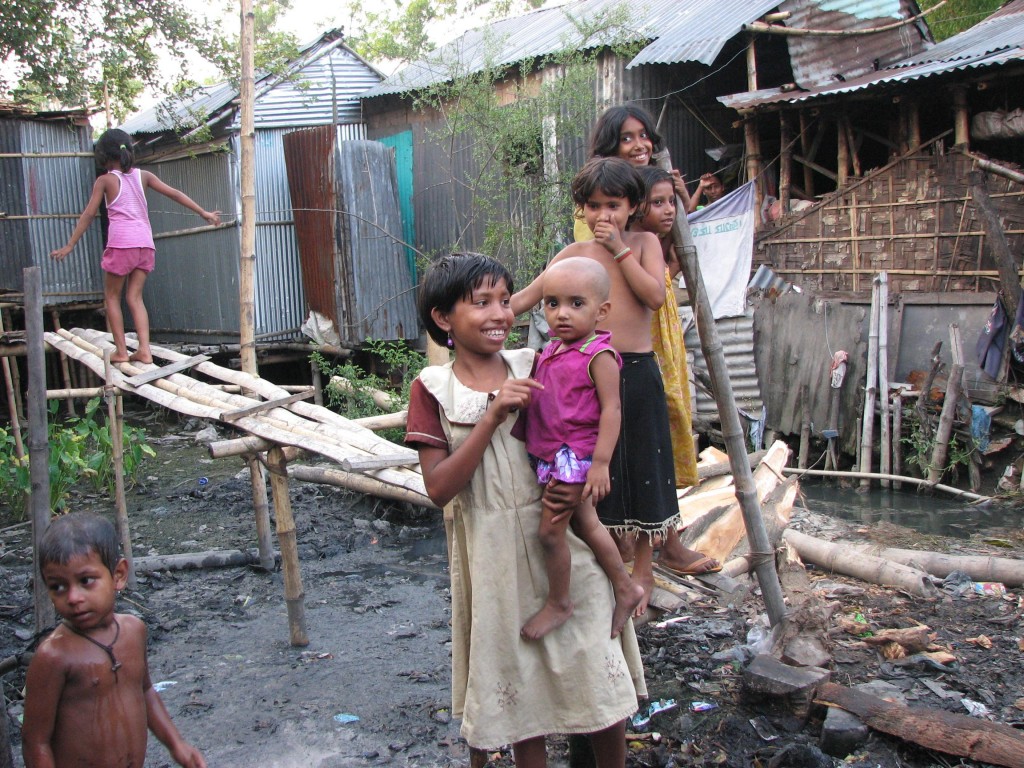
Md. Abdul Alim
Dalits are also human being. They have every right to get and enjoy basic needs and human rights from society and state. In person I support and try to do something for them in comming days for these neglected people and requesting our government to give attention about them. Thanks the article writers and publisher. Alim, Christian Service Society.